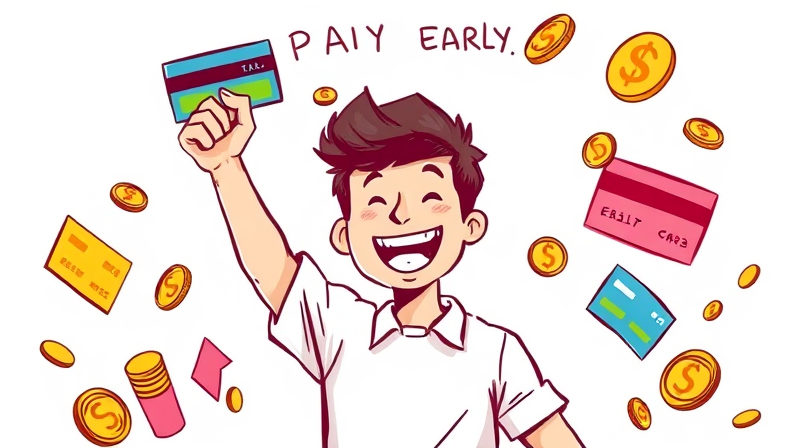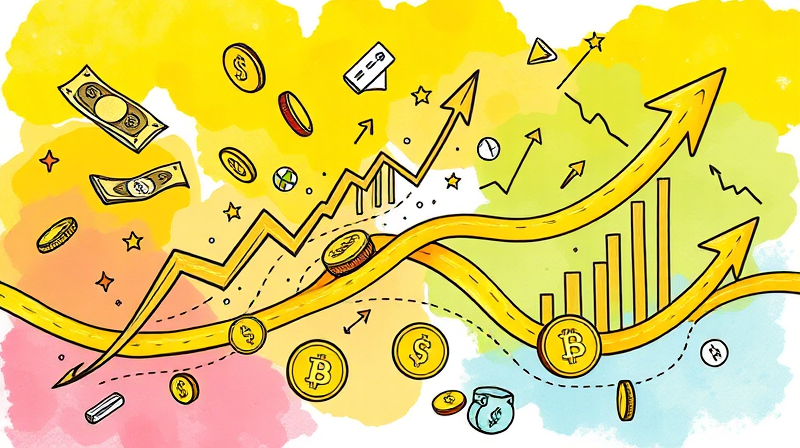
Revolving credit, such as credit cards and lines of credit, offers a flexible way to borrow funds up to a predetermined limit. Users can make purchases, carry a balance, and repay amounts repeatedly. While this convenience is powerful, uncontrolled balances can lead to significant interest charges over time.
Interest on revolving accounts is assessed only on the outstanding balance, allowing borrowers to minimize finance charges by managing repayment timing and amounts. By paying your bill before the statement closing date or due date, you can lower the average balance that accrues interest.
This article explores how early payments can transform your financial picture, offering long-term financial health stability and strategies to reclaim control of your credit journey.
Revolving credit provides a continual borrowing facility where the available credit is replenished when you make payments. Unlike installment loans, which have fixed repayment schedules, revolving credit adapts to your cash flow by allowing varied payment amounts each month.
Interest on revolving credit is calculated using the average daily balance reduction method, charging finance fees only on the daily balances you carry. This means that reducing your balance early in the cycle directly impacts the total interest owed for that billing period.
Creditors may apply fixed or variable interest rates. Fixed rates remain constant over the life of the account, while variable rates fluctuate based on an index rate plus a margin. Variable APRs can rise quickly in a changing rate environment, making early payments more valuable.
Every purchase, balance transfer, or cash advance adds to your outstanding total. Making regular payments, especially early in the billing cycle, prevents charges from accumulating and keeps your credit line available for emergencies or opportunities.
When you make a payment before the due date, you lower the balance on which daily interest is calculated. Over time, this approach can yield substantial savings, particularly on high-interest cards where APRs may exceed 20%.
Reducing your balance ahead of the statement closing date also improves your credit utilization ratio effectively. Since credit utilization—the ratio of your card balance to its limit—accounts for around 30% of your credit score, lower utilization signals responsible credit management.
Additionally, paying early frees up more available credit for unexpected expenses and prevents late fees or penalty APRs. Consistently managing payments this way builds trust with creditors and can lead to better offers, such as increased limits or lower interest rates.
Even modest early payments can lead to meaningful year-end savings. For example, reducing your balance by a few hundred dollars several days early each month compounds over twelve cycles, delivering benefits that exceed the sum of individual savings.
Several debt repayment strategies can accelerate your progress and reduce interest expenses. Selecting the right approach depends on your financial goals, debt levels, and personal preferences.
Balance transfer cards often charge fees, typically 3% to 5% of the transferred amount. Factor these costs into your plan to ensure the transfer fee does not offset the savings you'll achieve. Always read the fine print to understand any promotional rate expiration and revert to standard APRs.
By combining early payment tactics with these strategies, you can attack your balances from multiple angles. For instance, making early minimum payments across all cards while applying extra funds to your prioritized account yields dual benefits of reduced interest and faster elimination of debt.
Monitoring your accounts and setting clear targets helps maintain discipline. Aim to keep credit utilization under thirty percent on every card to demonstrate responsible borrowing behavior to lenders.
Establish automatic payments or calendar reminders for consistent, on-time payments each month. This practice not only avoids missed due dates but also strengthens your payment history, the most significant factor in credit scoring models.
Develop a realistic budget that accounts for all recurring expenses, debt payments, and savings goals. Consider building an emergency fund to address unexpected costs, reducing the need to rely on funded balances and preserving your credit line for planned expenditures.
Regularly review your statements for errors or unauthorized transactions. Quick detection of discrepancies can prevent financial losses and maintain your account standing. If you spot suspicious charges, report them immediately to your card issuer.
Over time, early payment practices can qualify you for premium credit products, including lower APR cards, higher credit limits, and exclusive rewards. Lenders reward consistent, low-risk borrowers with better terms.
Paying your bills early is more than a mechanical task—it’s a proactive financial habit that fosters stability, builds creditworthiness, and unlocks opportunities. Experiment with different techniques, track your progress, and celebrate milestones to keep motivation high.
Start implementing these practices today to harness the benefits of early payments, save interest, boost your credit score, and enjoy greater financial freedom.
References













